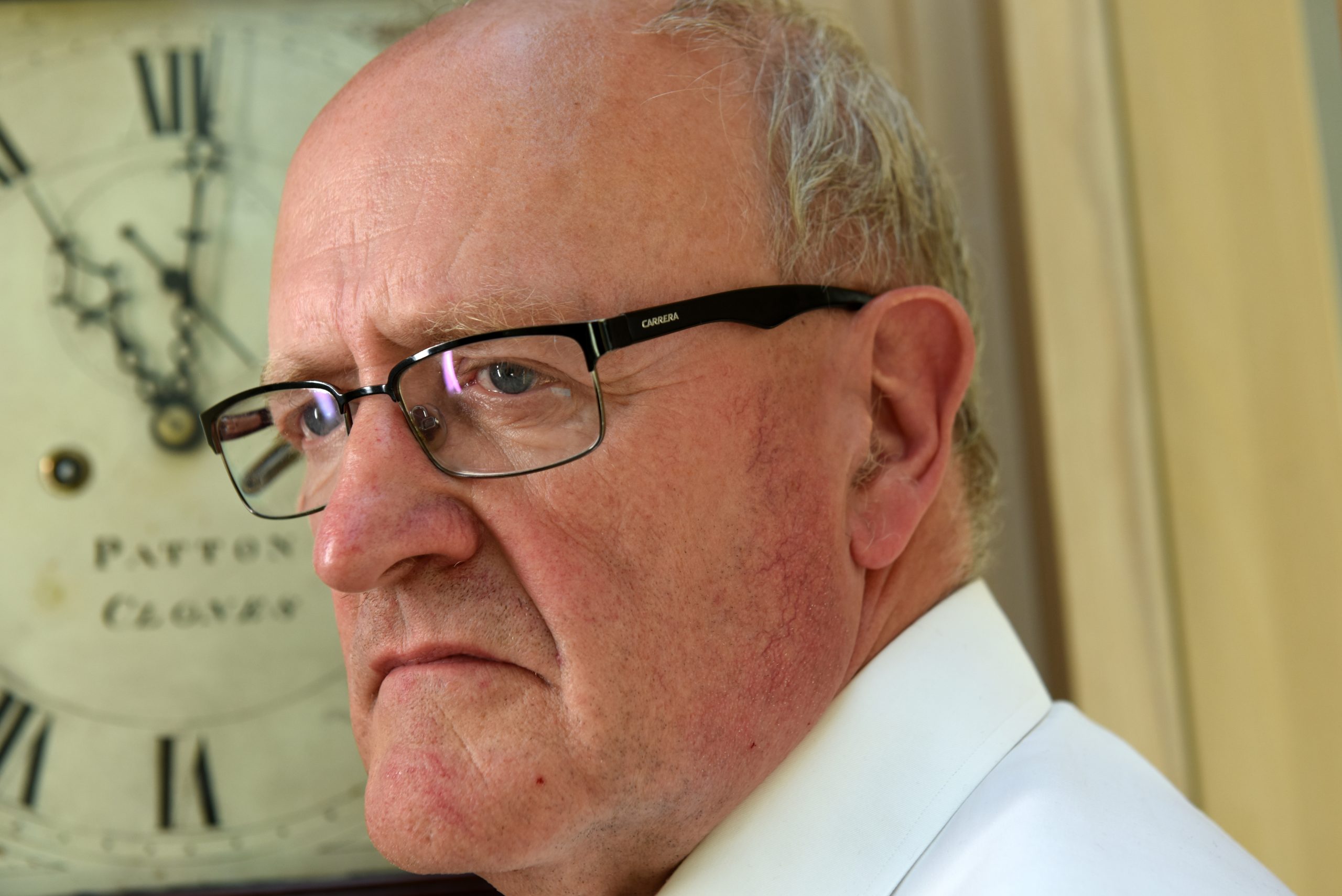In this exclusive interview, Eugene McCague, the former managing partner and chairman of Arthur Cox, talks about: Advising on the examinership of the Goodman GroupHow to become a partner in a blue-chip law firmAdvising Bank of Ireland’s Richie Boucher during the crashWhy law firms need to appoint partners much youngerHow he became a partner of McCann Fitzgerald at 24, only to leave shortly afterHis role in floating and selling EircomThe strategy behind the Team Aer Lingus restructuringHis memories of the night of the guarantee It is 1989, and the bright lights of Manhattan are beckoning. Not yet 30 but already…
Cancel at any time. Are you already a member? Log in here.
Want to read the full story?
Unlock this article – and everything else on The Currency – with an annual membership and receive a free Samsonite Upscape suitcase, retailing at €235, delivered to your door.

